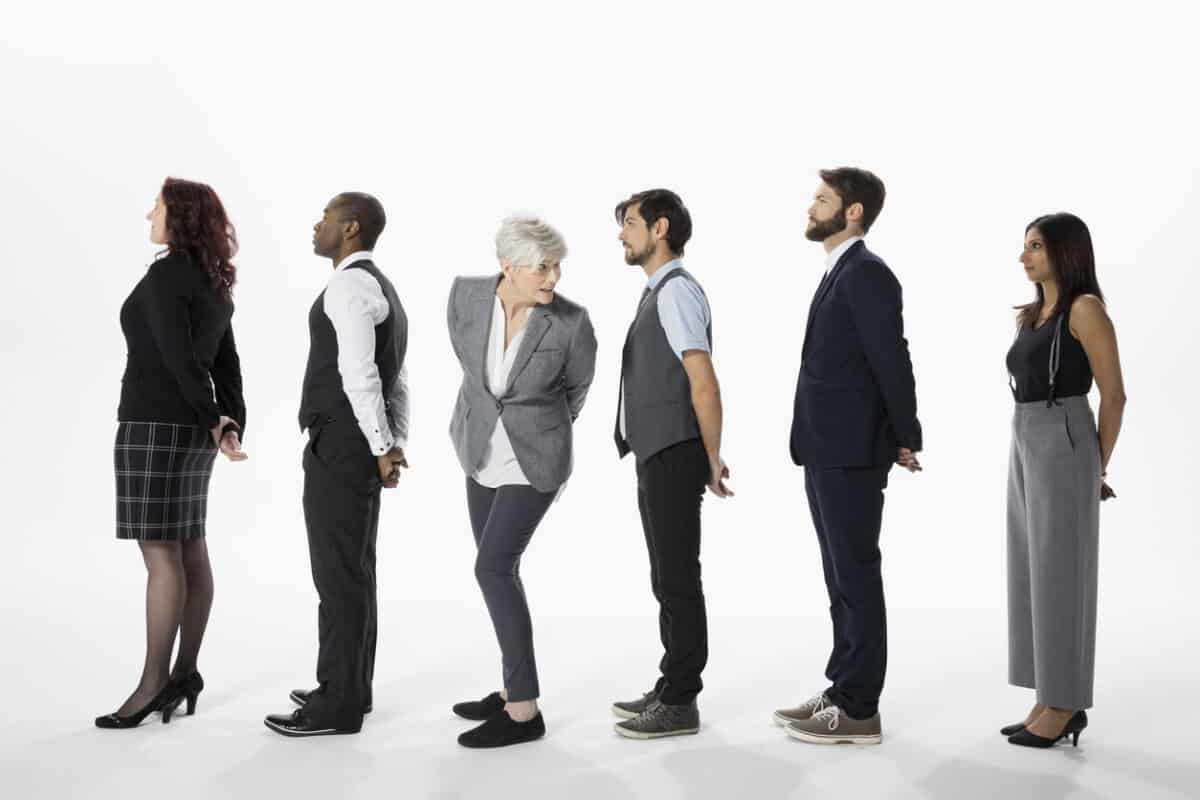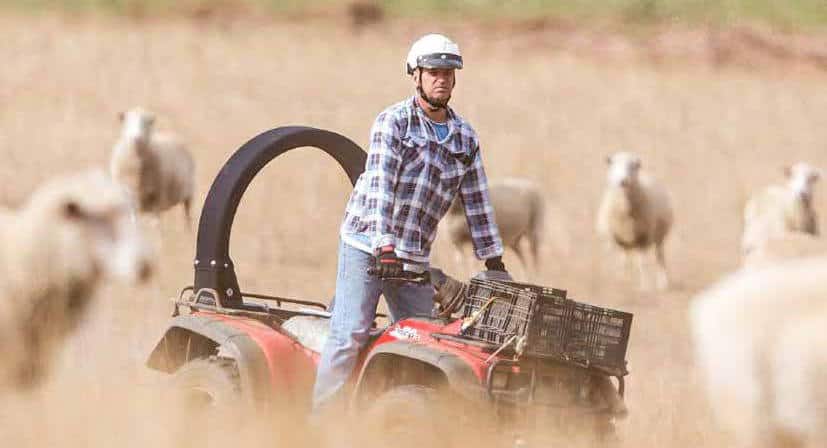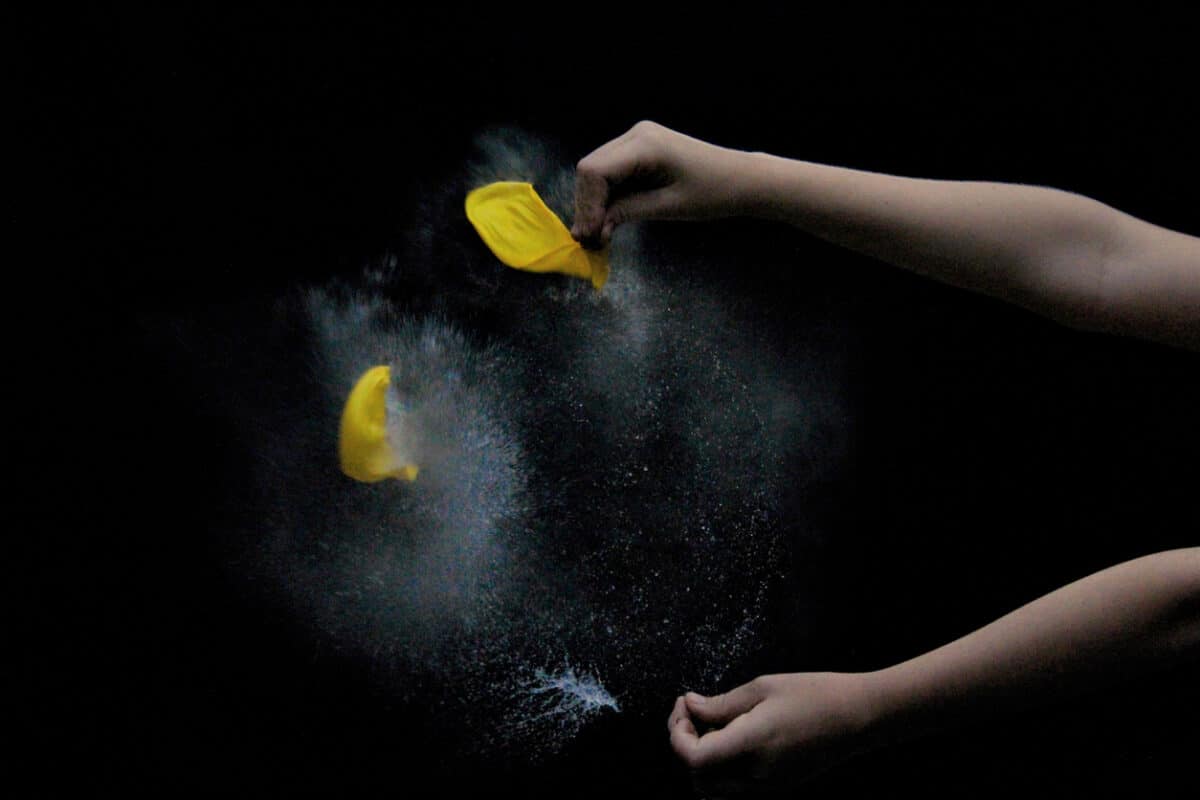A new Australian book has been structured around a “new work relations architecture“. Amazingly, a whole chapter is devoted to the role of occupational health and safety (OHS) in this new structure.
This chapter is written by prominent law academic Ron McCallum AO, offers a good summary of OHS laws and identifies the challenges to those laws in the near future, but its discussion is more reserved than it could be.
McCallum sticks to the suitability of the Robens model of OHS laws which McCallum describes as a type of “managed decentralism”. He highlights challenges to the laws and their operations that will be familiar to readers:
- climate change
- gig work
- working from home







